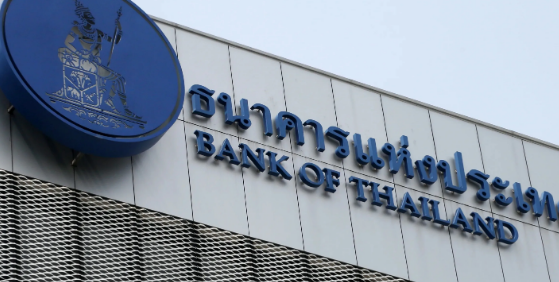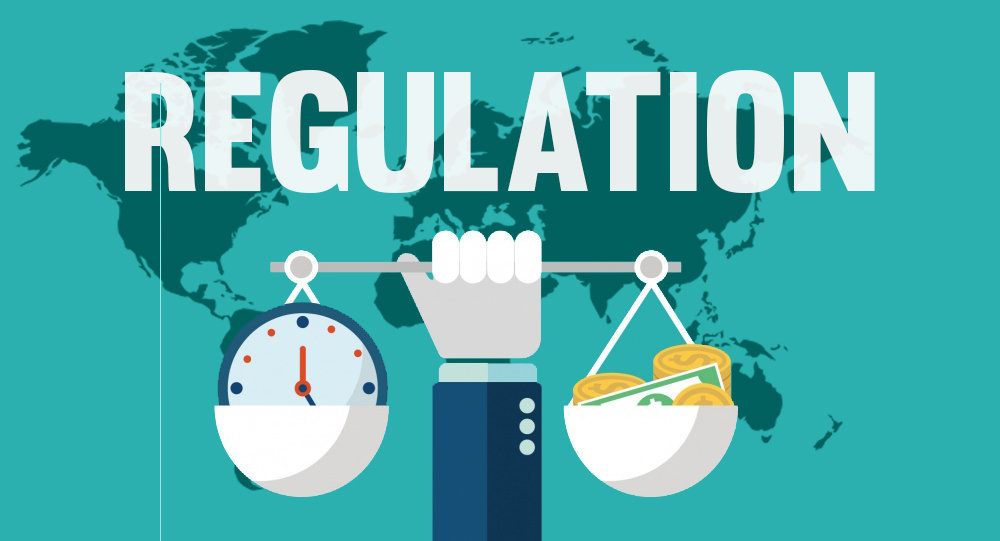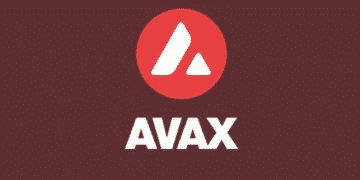Thai’s BOT, the Bank of Thailand, published guidance with new details on the plans for the digital baht so let’s see what it had to say in our latest cryptocurrency news.
Thai’s BOT splits stablecoins into baht-backed and others so there’s more room to influence the policy-making for the crypto industry in the country as the bank announced that is seeking input on a regulatory consultation. The BOT grouped stablecoins into two groups, one where stablecoins are backed by the country’s currency and the others is back from something else. The bank’s baht-centric approach is quite different from other central banks which makes a difference between fiats and non-fiats for example one stabelcoin whose value is tied to the US dollar and a stablecoin pegged to the gold price.
The bank calls stabelcoins intended for everyday use in line with the terminology from the Payment Systems Act of 2017. Anyone that wants to offer a baht-backed stablecoin has to ask the bank for permission first. the bank outlined that the policies are in line with international standards like Singapore, Japan, and the United Kingdom. The bank however didn’t say much on the other type of stablecoins. It’s a very wide category that includes asset-backed stablecoins but also foreign currency-backed stablecoins. For the Thai crypto industry, there’s some more room to influence policy-making.
📌📋 Stablecoins Regulation Policy
👉 The following guidelines appropriate for the regulation of financial services involving stablecoins🔵 Baht-backed stablecoins
🔵 Other forms of stablecoins#BankofThailand #BOT #Stablecoins #CBCD #RetailCBDC— Bank of Thailand (@bankofthailand) March 19, 2021
The bank added that it is now developing a Retail Central Bank Digital currency in order to meet the needs of the general public and to boost efficiency in the business sector. The central bank digital currency has been an ambition of the bank for a longer time and It announced last summer that such coin will soon be ready. There’s one project however that is in full swing. The BOT announced a year ago that it made a partnership with the Hong Kong Monetary Authority and built a prototype for cross-border blockcahin payments dubbed Project Inthanon-LionRock allowing banks in both countries to send funds to each other via smart contracts.
In the meantime, the country tried to adopt a restrictive approach towards crypto traders but received plenty of backlashes. Thailand’s SEC had to think of a new draft proposal that will have required crypto investors to have a minimum annual income of about $33,000.
DC Forecasts is a leader in many crypto news categories, striving for the highest journalistic standards and abiding by a strict set of editorial policies. If you are interested to offer your expertise or contribute to our news website, feel free to contact us at [email protected]
























Discussion about this post